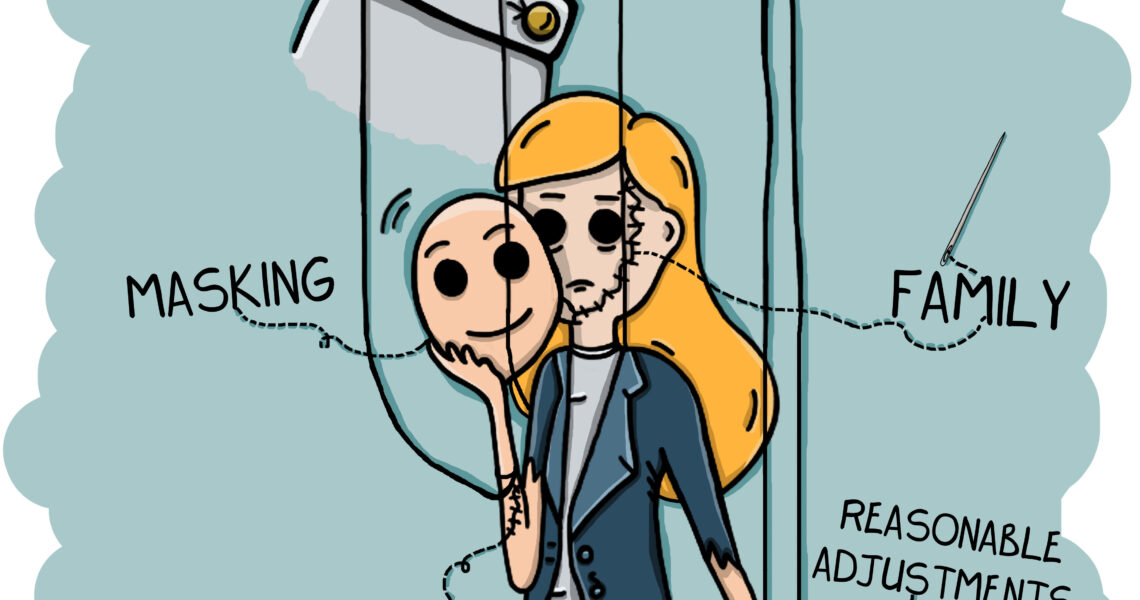October 26, 2021
Autism and masking
Masking refers to hiding your autistic traits, i.e., appearing to be ‘normal’, or at least, trying to. It is something that is commonly misunderstood and seen as us ‘not being autistic enough’ if we can mask in certain situations. With little regard given to the price we pay for a short period of ‘masking’.
This blog can now be found here 🙂
